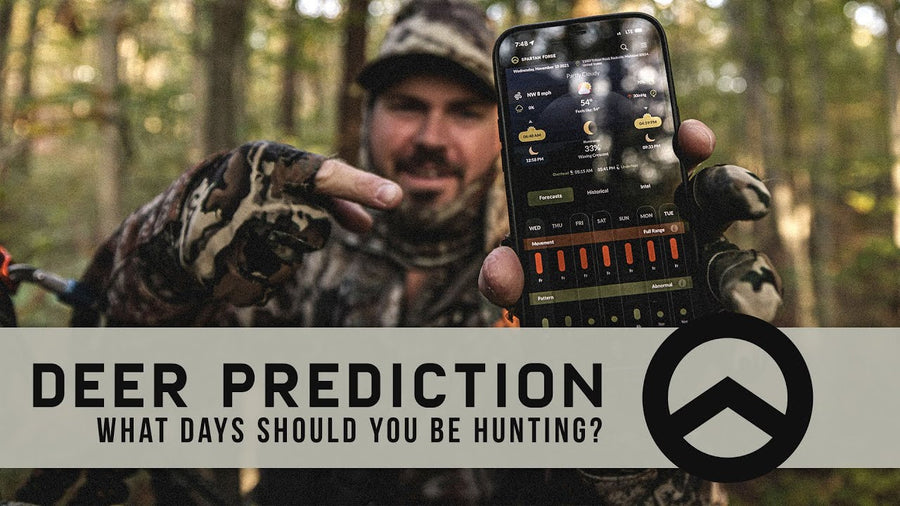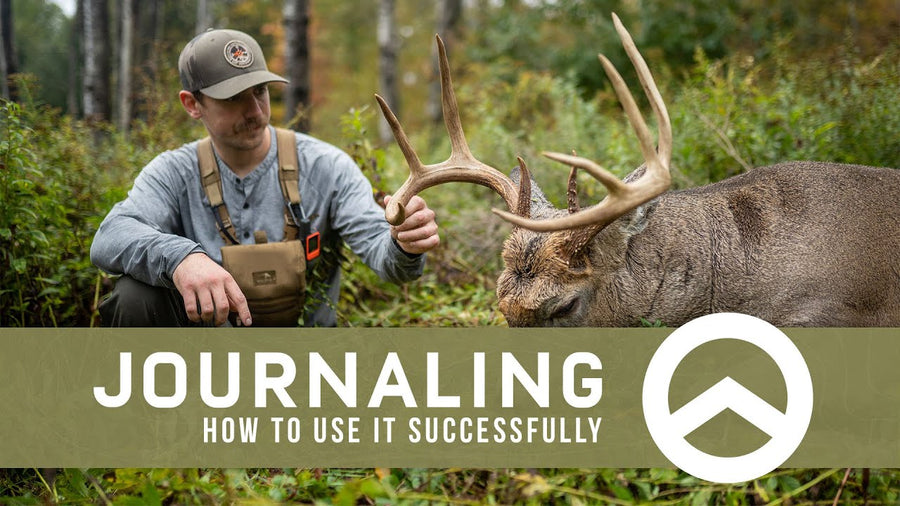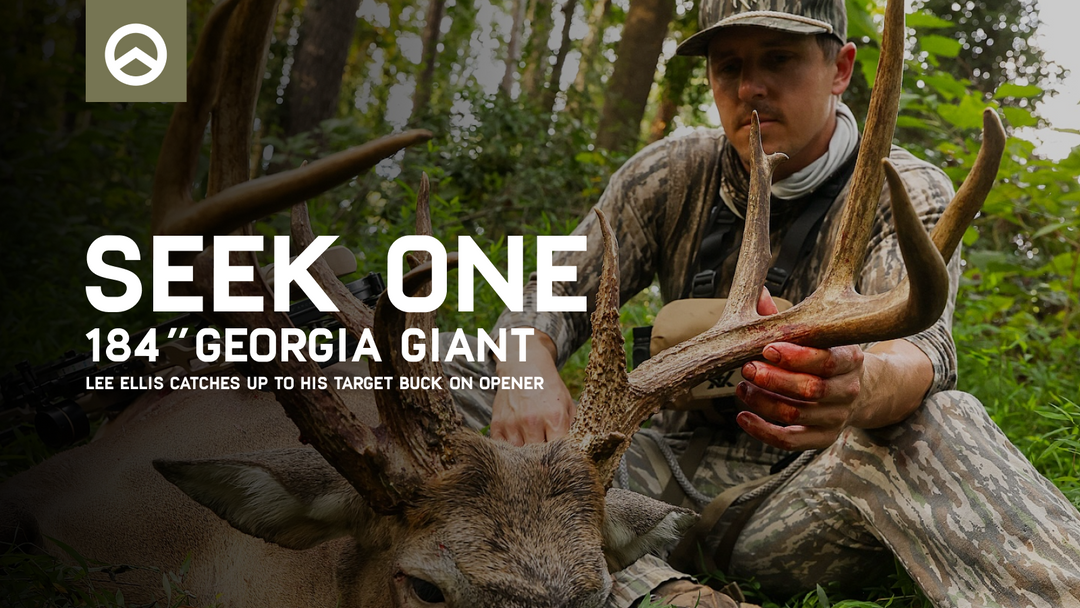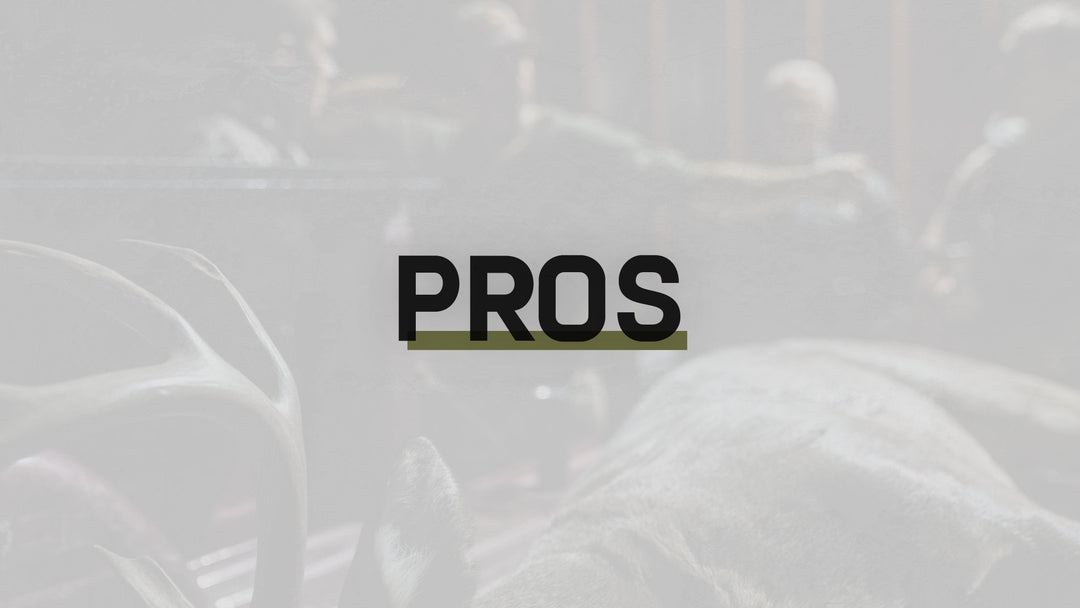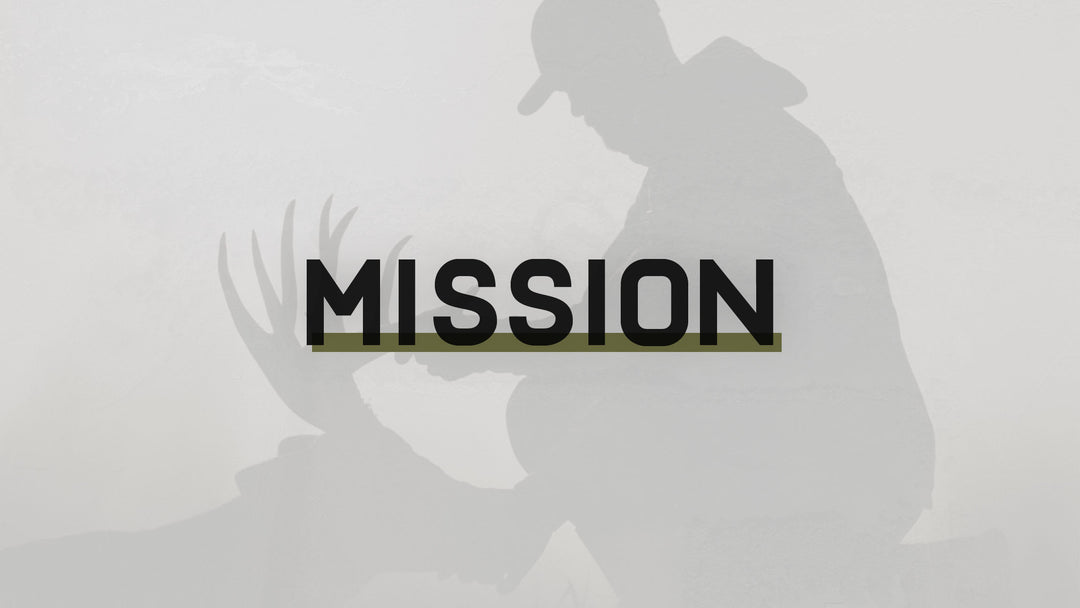Journaling to Success

The Value of a Journal
If you haven’t thought about adding a journal to your hunting regimen, and you’re wondering if there’s really any value in it, let me pose a question that may put its use into perspective. What would happen if, on August 10th, you found the perfect pinch point for the rut and decided to leave it unpressured until November 3rd, but didn’t mark the spot on a map, didn’t track yourself walking out, and didn’t mark the tree where you’d set up? If you’ve ever walked in and set up in the dark, you know exactly what would happen. You’d likely end up in a different tree after spending too much time and creating too much noise looking for the original tree. If you’ve got much experience at all, you probably never rely solely on your memory for those kinds of details. But without journaling after scouting and hunting, that’s exactly what we’re doing with all the intel that’s just as valuable.
Success Is in The Details
If you follow any consistently successful deer hunters, especially those who hunt a lot of public land, you’ll often hear them talk about all the observations that led to harvesting a great buck. They put the pieces together, studied them, found correlations, and executed a strategy they built based on those observations. Some hunters even go as far as creating Excel spreadsheets to track buck sightings, trail cam info, weather conditions, etc. Now, I don’t go that far and I’m not saying you need to either. The point is details matter. And if we’re all honest with ourselves, our brains simply aren’t capable of remembering all the fine details from every scouting session or hunt. We need the details written down in a place we can go back to when building out a hunt or a season. Don’t worry, though. You don’t need to carry along a physical journal to have all the intel easily accessible.
Spartan Forge Journal
Along with all the other helpful features within the Spartan Forge app, a Journal is available within the paid version. And it’s not just a notes section. It automatically records all the important weather conditions for each entry, as well as GPS location. Of course, you have the space to type in all the pertinent details from your hunt or scouting session, but there’s also a section where individual deer sightings can be entered, and each journal entry can be pinned to the map. With the incredible detail available for marking locations while scouting and journaling post-hunt, there’s no reason to ever forget an important detail.

Every Detail Matters
We can scout and plan as much as we want, but until we execute that plan during the season, we don’t actually know if our assumptions are correct. Sometimes we get it right and it works out during the first sit, but more often than not, it doesn’t work out and we’re forced to learn something and adapt. That learning part is what makes us better hunters. It’s the only thing that gets us closer to success. Without writing down all the small details observed, we often only hold on to the larger, more in-your-face-details, and don’t learn nearly as much as we could. Sure, we’ll remember that a buck approached from a different direction than we thought, and using a specific trail, but we might not remember that the wind direction had shifted earlier in the day instead of staying constant throughout, which may have caused him to bed in a different location on that given day. That one detail could be the difference between a used tag and another missed opportunity on the next sit. Journaling forces you to dive deeper into each hunt or scouting session because you’re looking for any and all details that could be useful. And you’re typically doing it during or right after scouting or hunting, so everything is fresh on your brain. You’re simply picking the details from memory and saving them for later use.
This Is the Year
You may have never kept any kind of journal or hunting log a day in your life, and that’s ok. This can be the year you dive in and learn more than you ever have while scouting or hunting. Immerse yourself in the details. Write every one of them down. Creating a plan that unfolds into a successful season is like putting a puzzle together. Without having all the pieces in front of you, the picture will never be clear. So, find the pieces, write them down, and create the best season of your hunting career.
Written by Alex Killman at Southeastern Bowhunting
